This nationally recognised training course provides students with the theoretical knowledge and training in practical skills required to perform basic activities related to marine habitat conservation and restoration.
This course is focused on conserving and regeneration our marine habitats that have been degraded through human impacts including coral reefs, mangrove forests, coastal dunes, shellfish reef and seagrass beds. At this training level you will learn how to conduct basic fieldwork and monitoring, learn about marine environmental assessments, plan and present information about marine projects and examine various case studies.
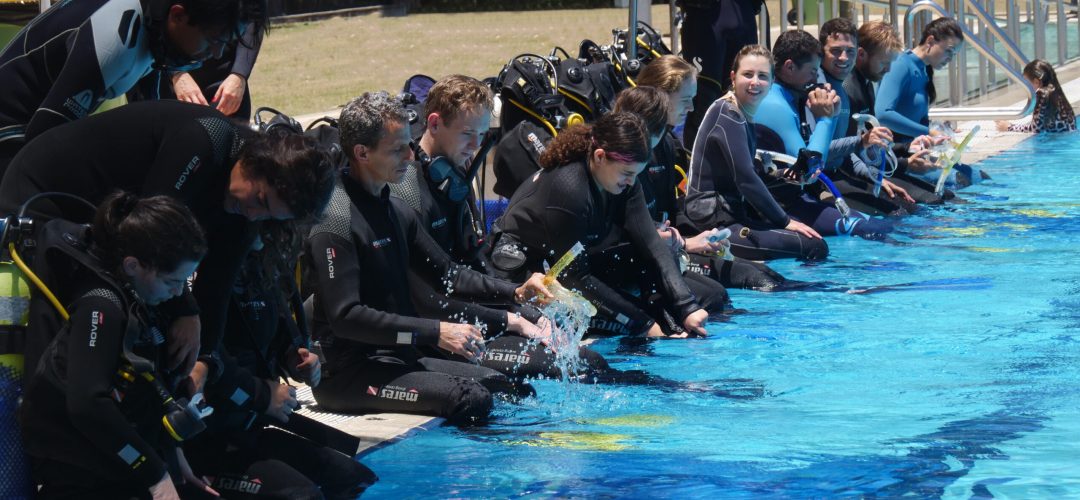
Our Certificate III in Marine Habitat Conservation & Restoration is a one-of-its-kind VET-accredited course with practical and theoretical activities. This unique qualification was developed and designed by Envirotech Education and we are the only school (RTO) in the world offering this course.
This course provides students with useful assistance on marine conservation or restoration projects , learn how to contribute to the planning of conservation and restoration fieldwork, how to prepare draft reports and presentations for marine environmental projects , involve into participating in the planting of coastal dune vegetation, provides clear understanding methods of benthic surveys and fish counting techniques, learn the importance of health and safety assessments for proposed fieldwork and prepare a workplace health and safety plan.
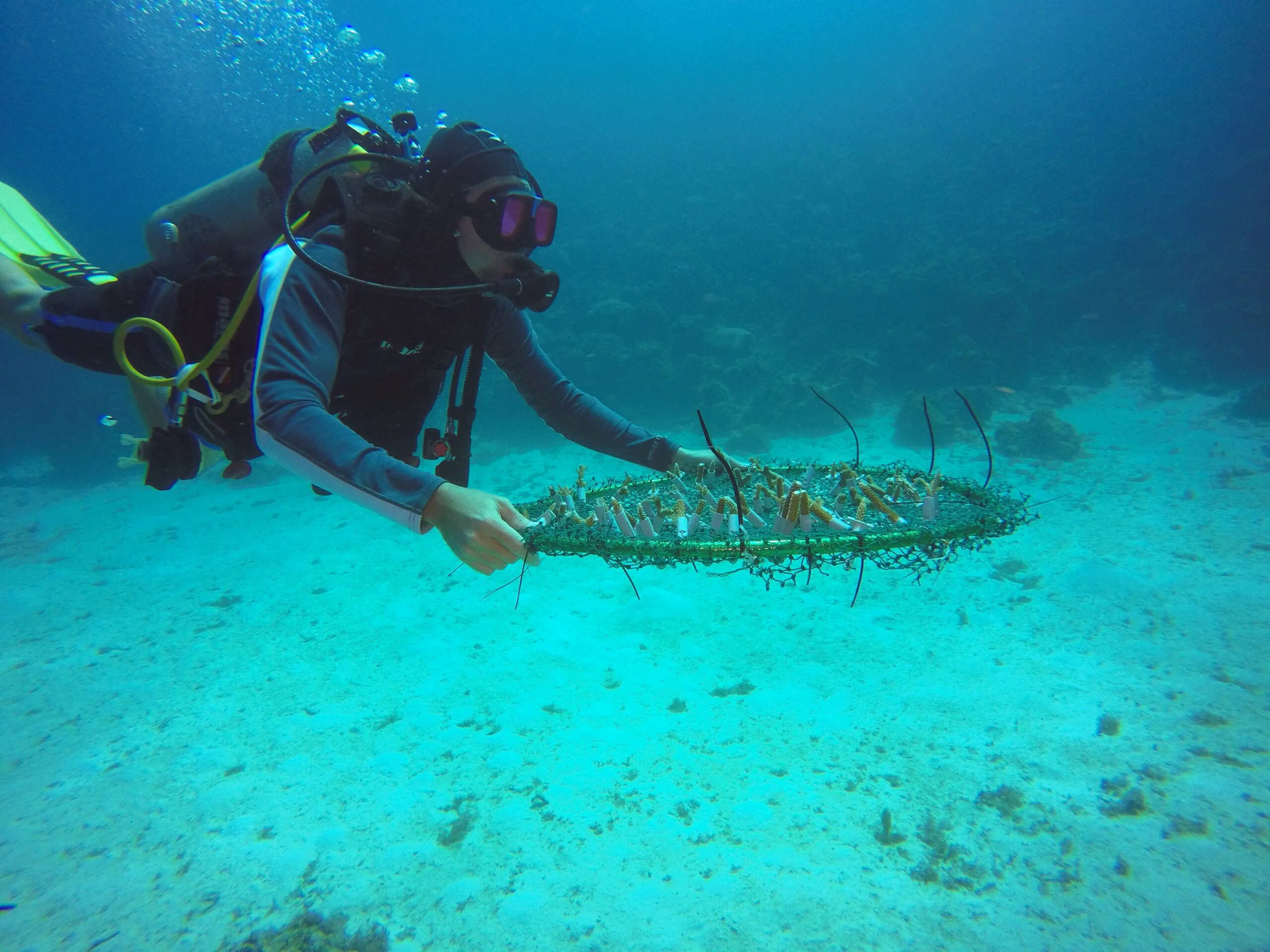
This qualification teaches skills and knowledge to conduct a range of sampling and measurement activities as part of laboratory and field operations focusing on environmental conservation sectors. Students can expect to have skills related to employment with jobs include samplers and testers, field assistants, and other roles requiring sampling and measurement skills.
This qualification reflects the role of workers who perform a range of sampling and measurement activities as part of laboratory, production or field operations in marine, aquaculture, manufacturing, resources and environmental industry sectors.

Students will study regenerative aquaculture production, monitoring, fieldwork, monitoring, environmental assessments, planning and presenting information about local aquaculture projects, clams seeding and sustainable oyster farming. This course will focus on how aquaculture practices can be sustainable and how the industry can transform into an industry that is regenerating our oceans while proving food for humanity. Graduates at this level will have basic factual, technical and procedural knowledge of aquaculture. Students will be equipped to have entry-level positions.
This course provides students with a solid foundation in marine habitat conservation and restoration practical fieldwork techniques. It enables its graduates to access rewarding employment opportunities with consultancies, conservation groups, and not-for-profit organisations.
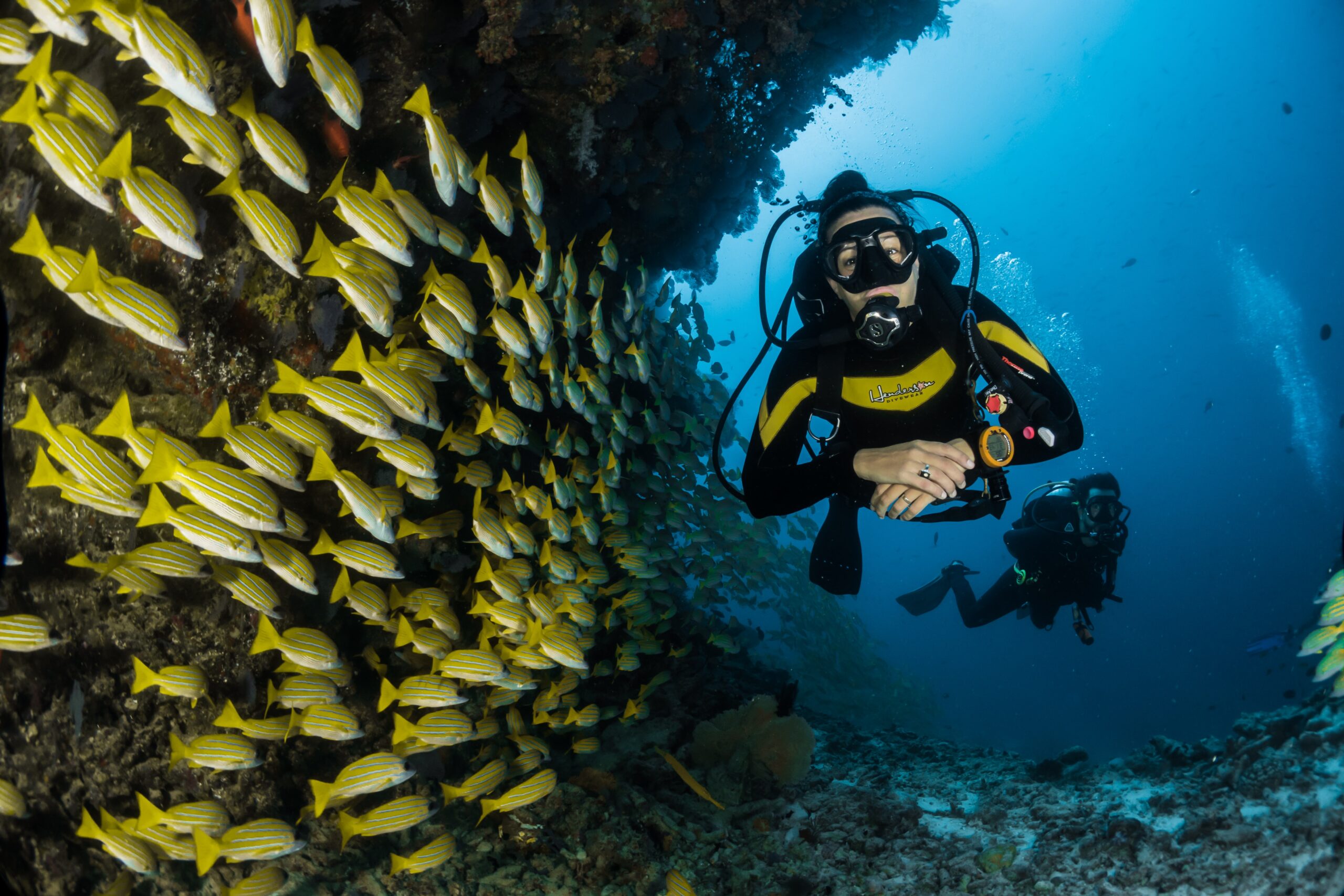
Students will study regenerative aquaculture production, monitoring, fieldwork, monitoring, environmental assessments, planning and presenting information about local aquaculture projects, clams seeding and sustainable oyster farming. This course will focus on how aquaculture practices can be sustainable and how the industry can transform into an industry that is regenerating our oceans while proving food for humanity.
Graduates at this level will have factual, technical and procedural knowledge of aquaculture. This course will provide graduates with the skills to enter the aquaculture workforce with intermediate level of understanding or to expand current industry skills and lay the foundations for further studies. This course provides students with a solid foundation in marine habitat conservation and restoration practical fieldwork techniques. It enables its graduates to access rewarding employment opportunities with consultancies, conservation groups, and not-for-profit organisations.
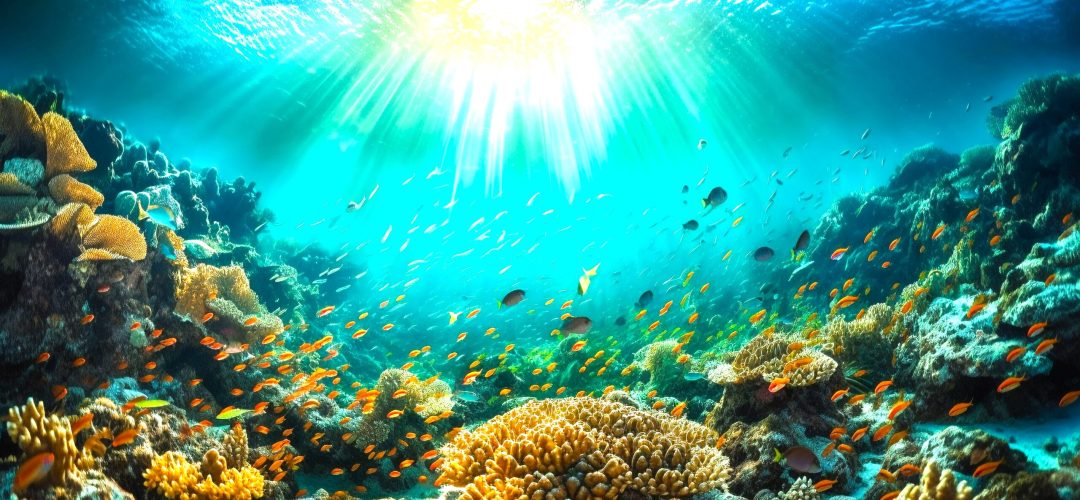
This is a SCUBA diving trainers accreditation. The qualification reflects the role of leaders who can work at or close to base but often work in remote areas distant from support. SCUBA diving trainers are often gain higher employability skills in marine and aquaculture industry. Students will gain experience in different diving sites and will develop high level independent judgements about logistical, technical, safety and emergency response issues.
This course provides students with a solid foundation in marine habitat conservation and restoration practical fieldwork techniques. It enables its graduates to access rewarding employment opportunities with consultancies, conservation groups, and not-for-profit organisations.
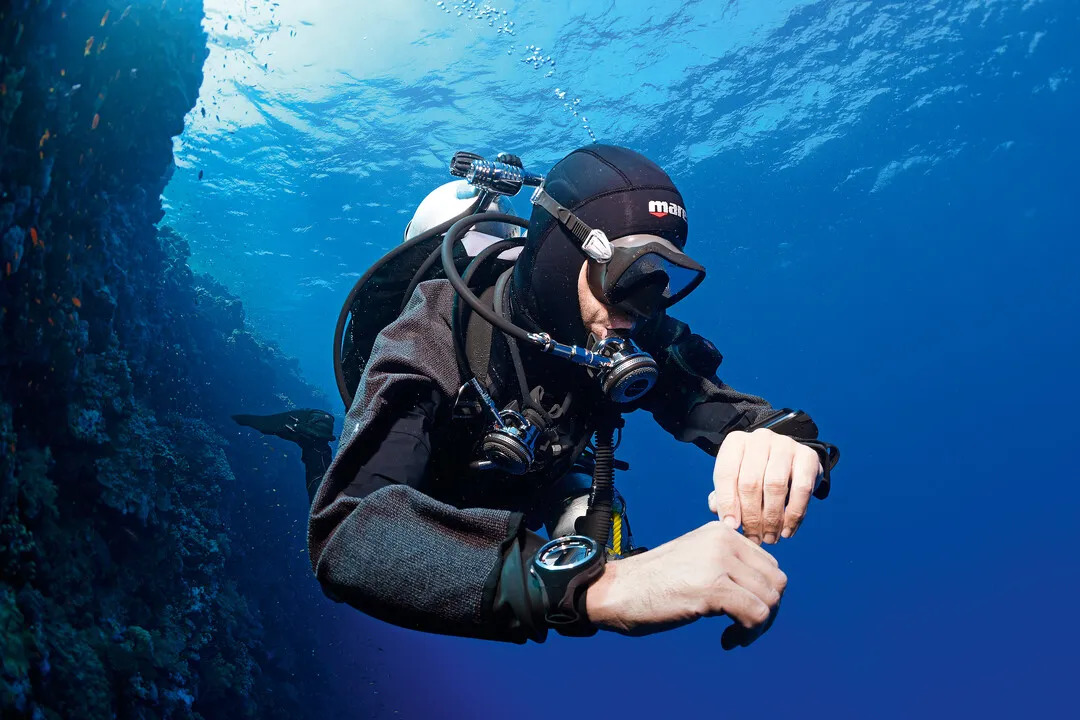
This qualification provides foundation level skills and knowledge required for initial work, community involvement, or as an introduction to further learning in conservation and ecosystem management.
This course guides the student in the development of basic foundational, technical and communication skills required to undertake defined routine tasks in conservation work in a highly structured work environment.
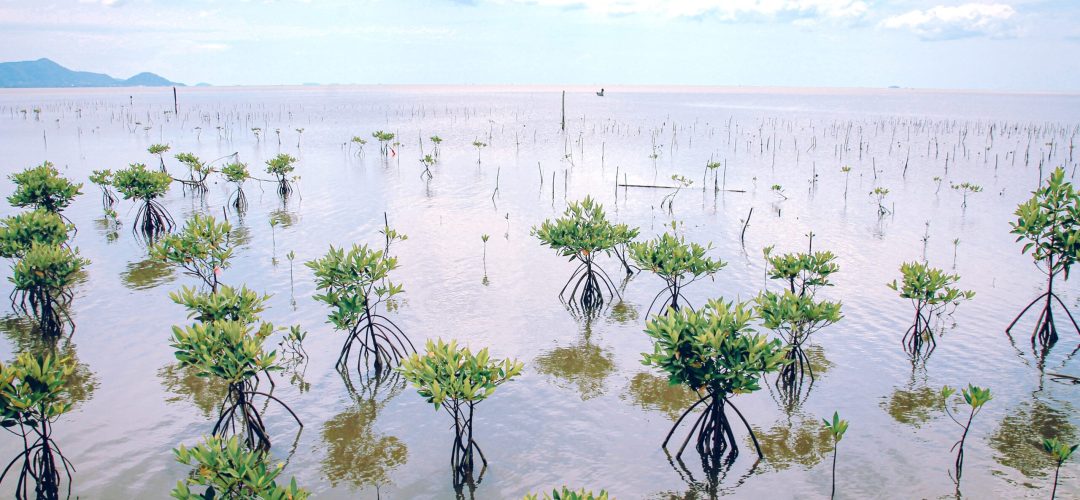
This qualification provides the skills and knowledge required for working a defined context and/or for further study in conservation and ecosystem management. By studying this course, students will be enabled to select and develop basic factual, technical and procedural knowledge in conservation and ecosystem management for Indigenous land management, lands, parks and wildlife services and the restoration and rehabilitation of ecosystems.

This qualification provides the skills, theoretical and practical knowledge for work or further learning in the conservation and ecosystem management industry. At this level of qualification, students will learn a range of conservation and ecosystem management activities including site restoration, rehabilitation and renewal and management of the rural and natural landscapes, degraded sites and marine environments.

This qualification has the practical skills and theoretical knowledge required for specialised or skilled work in the conservation and ecosystem management industry. Student will learn advanced skills in a broad range of conservation and ecological works including supervisory and management.
This course provides for the advanced skills including supervisory roles in a broad range of conservation and ecological work or can focus on areas of specific needs including supervisory and Indigenous land management and ecosystem management.
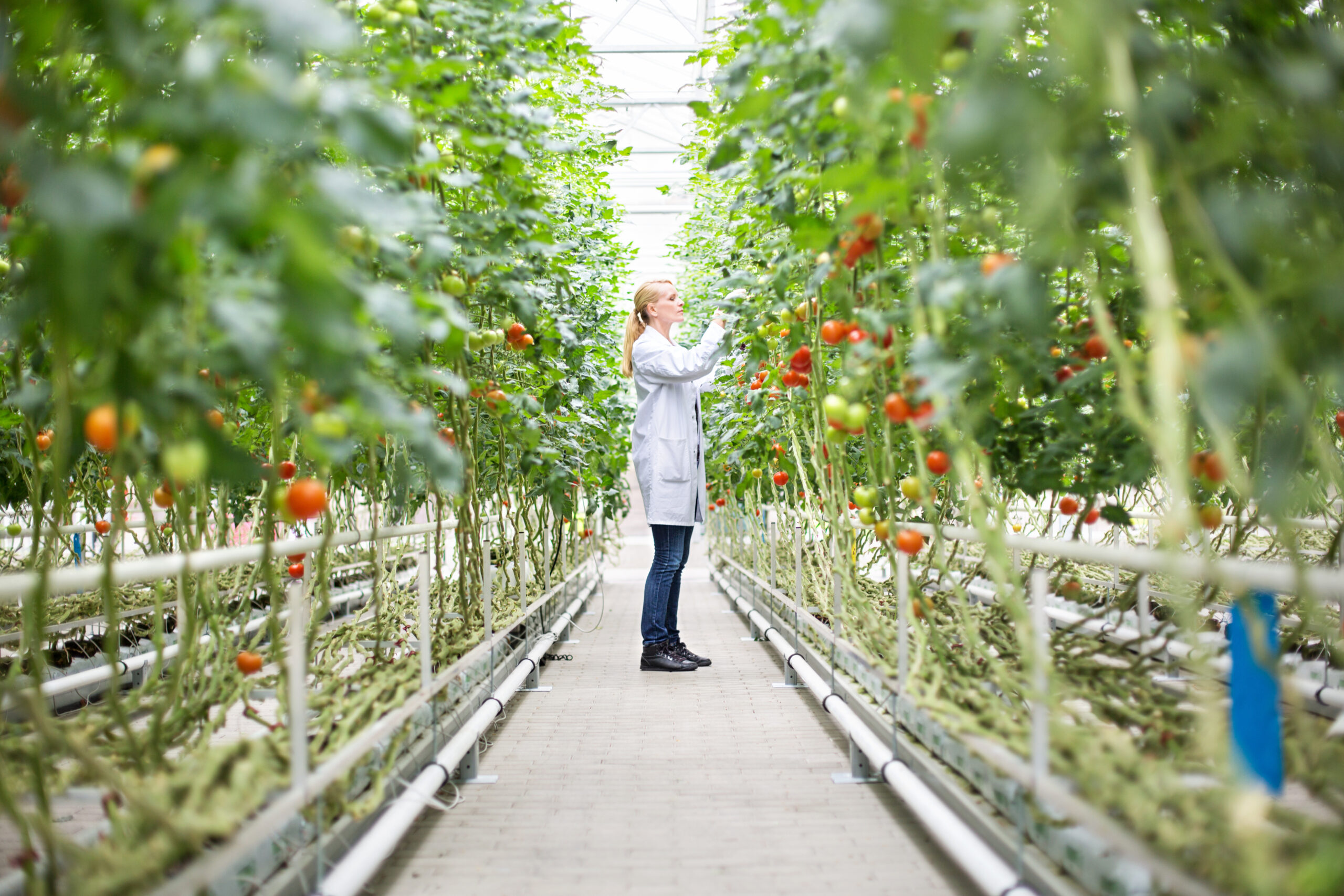
This qualification reflects the skills and knowledge required for skilled and paraprofessional work in conservation and ecosystem management. Students will learn to work in operational managerial and/or technical positions often with specialist skills and knowledge in a range of sectors including Indigenous land management, ecosystem restoration, rehabilitation and renewal, conservation works, park management and/or administration, wildlife management, marine and/or coastal management and water and catchment management.
This course provides for advanced skills including supervisory roles in a broad range of conservation and ecological work or can focus on areas of specific needs including supervisory and Indigenous land management and ecosystem management.
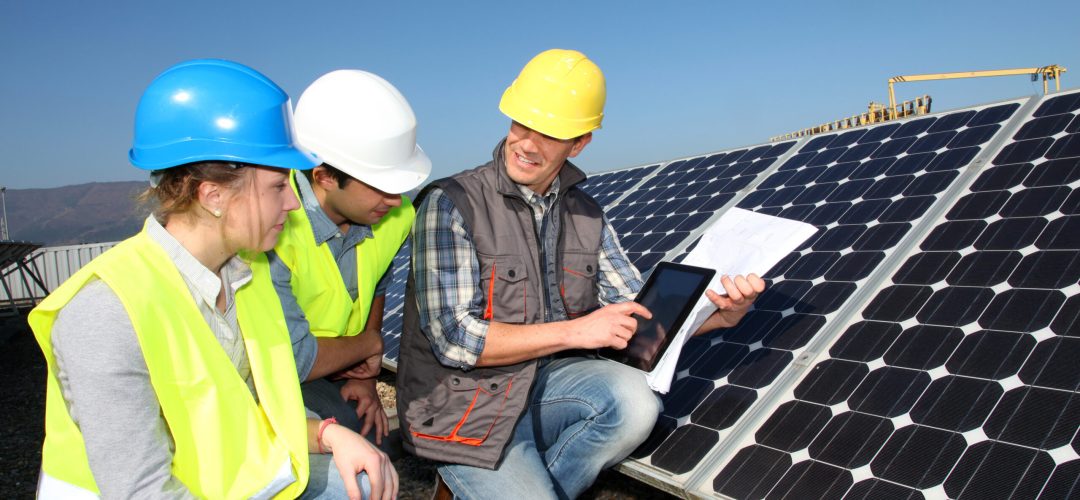
FSK20119 – Certificate II in Skills for Work and Vocational Pathways provides the students with skills and knowledge about foundation skills development in preparation for workforce entry or vocational training pathways.
The course is suitable for individuals who require a pathway to employment or further vocational training and vocational training and employment plan.

Sustainable Development Goals (SDG) are a global commitment. Learning and applying sustainable practices is our duty to manage our businesses responsibly.
By studying Diploma of Sustainable Operations, you will learn how to identify sustainability issues within different industries, and apply your knowledge to improve sustainability performance (economic, social, and environmental performance) of any business operation.
This course guides students in the development of an ecologically sustainable perspective covering foundations of economic, social, and environmental sustainability performance. Following the course, students will be equipped with the skills required to support implementation of sustainable practices and policies in the workplace.
